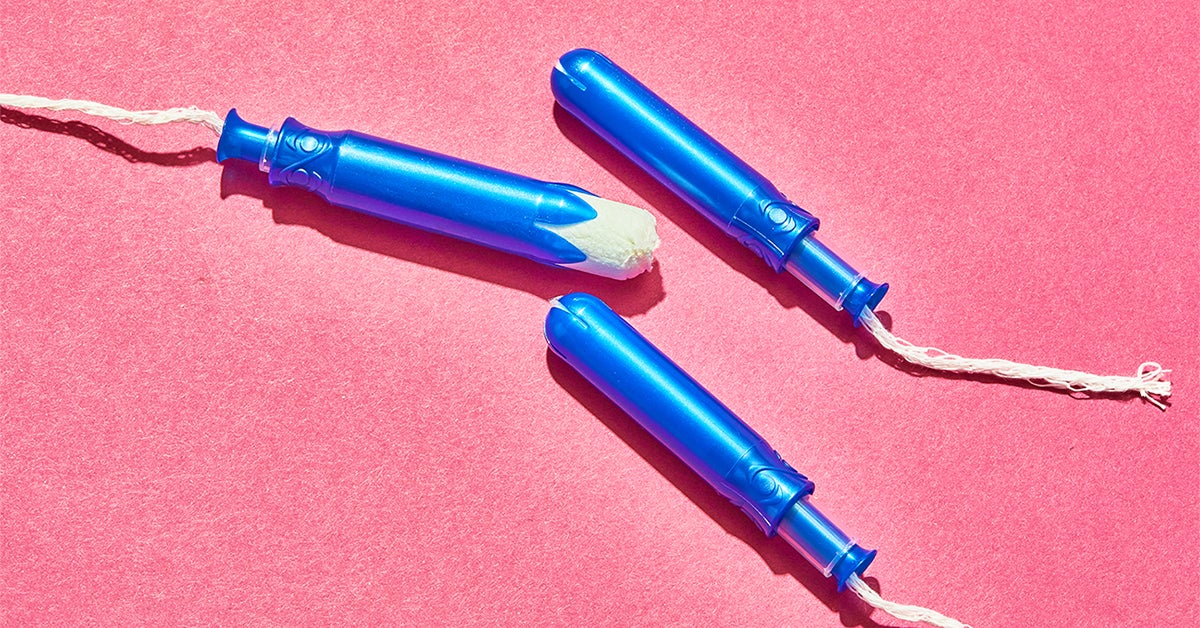Fascination About The History of Tampons - Barnhardt Purified Cotton

Examine This Report about The Facts on Tampons—and How to Use Them Safely - FDA
Tampons not only take in menstrual blood, however likewise vaginal fluids. The vaginal fluids absorbed in the tampons would also include the malignant DNA, and potentially contain precancerous material, permitting for earlier detection of endometrial cancer. Clinical trials are presently being carried out to evaluate the usage of tampons as a screening approach for early detection of endometrial cancer.
Proper disposal of utilized tampons is still doing not have in many countries. Because the lack of menstrual management practices in some countries, lots of sanitary napkins or other menstrual products will be gotten rid of into domestic strong wastes or trash bins that eventually enters into a solid wastes. Check it Out that underlies the governance or application of menstrual waste management is how country classifies menstrual waste.
Ecological impact differs according to disposal approach (whether a tampon is flushed down the toilet or put in a trash bin - the latter is the advised choice). Factors such as tampon structure will likewise affect sewage treatment plants or waste processing. The typical use of tampons in menstruation may include up to roughly 11,400 tampons in somebody's life time (if they utilize only tampons rather than other items).

The 10 Best Tampons in 2021
Aside from the cotton, rayon and fiber finishes, these materials are not eco-friendly. Organic cotton tampons are naturally degradable, but should be composted to ensure they break down in a reasonable amount of time. Rayon was discovered to be more biodegradable than cotton. Ecologically friendly alternatives to using tampons are the menstrual cup, recyclable sanitary napkins, menstrual sponges, recyclable tampons, and multiple-use absorbent underclothing.

Tampons, Pads or Menstrual Cups? What's Right for You? - HealthyWomen
Some Known Facts About U by Kotex Click Compact Tampons, Multipack, Regular - CVS.

They discovered that the primary environmental effect of the products was in truth triggered by the processing of raw materials, especially LDPE (low density polyethylene) or the plastics used in the support of pads and tampon applicators, and cellulose production. As production of these plastics needs a great deal of energy and produces lasting waste, the primary impact from the life process of these items is fossil fuel usage, though the waste produced is considerable in its own right.
